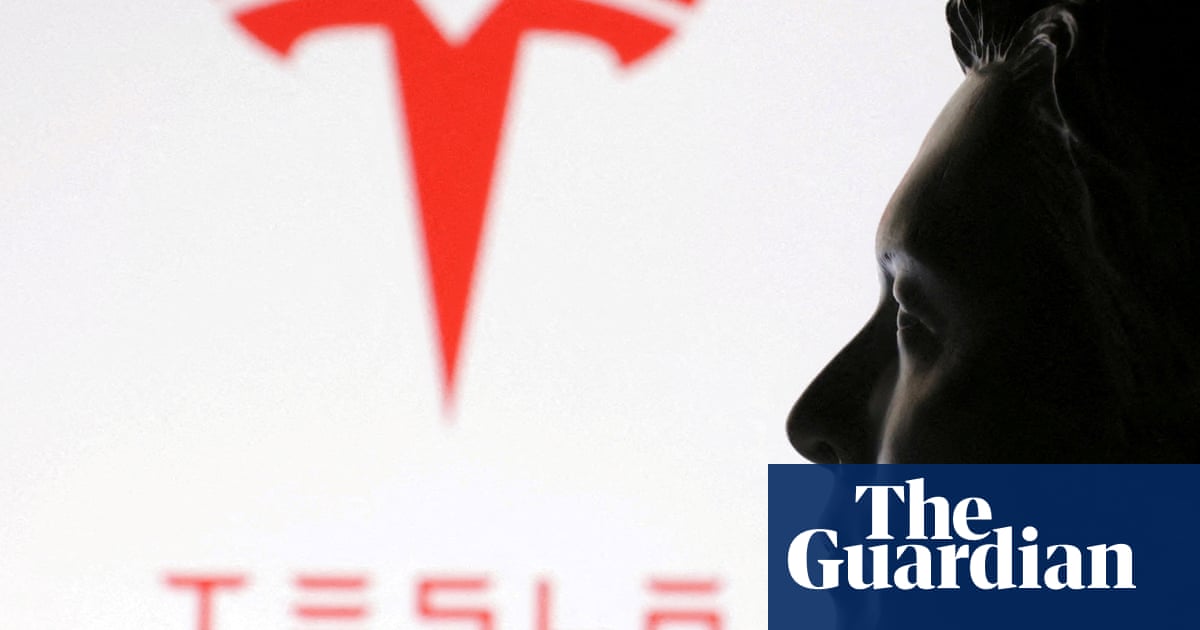Elon Musk’s Tesla is one step closer to opening a factory in an Adelaide suburb despite overwhelming community opposition from “anti-Tesla and anti-Elon Musk sentiment”.
On Tuesday night the City of Marion council voted to seek state government approval to sell the site to a developer who will build the factory.
Environmental concerns and worries the site would draw protesters were also cited among the 95% of people who made submissions opposed to the plan for a battery factory.
Sign up for Guardian Australia’s breaking news email
Many voiced their opposition with words that were censored in the city’s official records, such as “Elon Musk andTeslaare a [redacted] on humanity”.
Tesla sales have slumpedamid a backlash against Musk for his work with the Trump administration, such as slashing funding for government departments through his department of government efficiency, as well as his ideology and actions such as what some saw as anapparent fascist salute.
But Marion’s mayor, Kris Hanna,said blocking the sale of the site would have no impact on Musk and would have cost 100 local jobs.
Hanna said the soil on the site was contaminated and not safe for recreation, so “it makes sense to have it sealed over with a renewable technology facility”.
“If we didn’t proceed, it would have cost 100 jobs to local residents, but it would have had no impact on Elon Musk,” he said. “Tesla would almost certainly find somewhere else in Australia to build their factory.”
The factory would be used to recover and recycle Tesla lithium-ion batteries.
Hanna told ABC radio on Wednesday morning the council voted eight to three to remove the community land status, saying the plot had not been used since 2016. That reserve is a small part of a larger area that the developer wants to use for a Tesla factory.
He said the community opposition was taken into account and “balanced against the economic factors” such as the jobs that would be created.
He said there were “certainly valid points of view … passionately held”, but that the “heart” was saying it didn’t want to deal with Musk, while the “head” was saying it was good for the local community.
Hanna said while there was “significant” anti-Elon Musk sentiment, trees were another key issue in community opposition. Tesla has now recognised that concern, he said, and had committed to replacing more trees than they are required to, and to keeping at least three of four significant trees on the site.
“Council has done what it can,” he said. “We’ll leave it up to the state government.”
